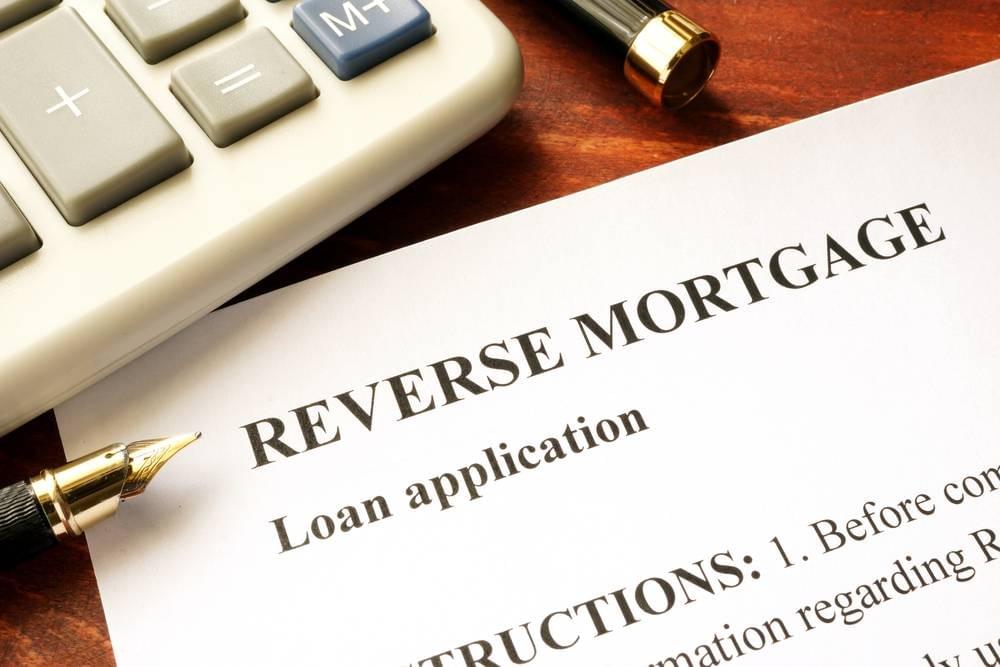Reverse mortgage loans were introduced in the Indian financial market in 2007. This credit aims to offer monetary assistance to pensioners, i.e. those older than 60 years if they require financial aid. It provides a secure and steady source of income for them by reverse mortgaging their property.

How does a reverse mortgage loan work?
As against traditional mortgage loans, reverse mortgaged advances provide financing, whereby borrowers are not liable to repay their credit, and even if they do, they are not required to follow any fixed repayment schedule. The repayment of home mortgage loans is decided as per the convenience of a borrower.
Even after reverse mortgaging their property, borrowers hold the rights to reside in it until their death. In case a primary applicant passes away, his/her spouse can remain there till their demise.
When an individual applies for this credit, financial institutions assess the market value of the property and then determine the loan amount. Typically, in the case of a reverse mortgage loan, the payable annuity rises with the age of an applicant.
Additionally, like a loan against property, reverse mortgage loans also offer income tax benefits. According to Section 10(43) of the Income Tax Act, 1961, the amount received by borrowers is entirely exempted from income tax.
Lastly, after the demise of both the spouses, lenders offer two solutions to their legal heirs. They can either settle the debt to retain ownership of that property or, the lender auctions it to recover their money.
Reverse mortgage loans are an effective solution for individuals who require financial support after their retirement. Yet, they must read the terms and conditions of this loan before applying for one.